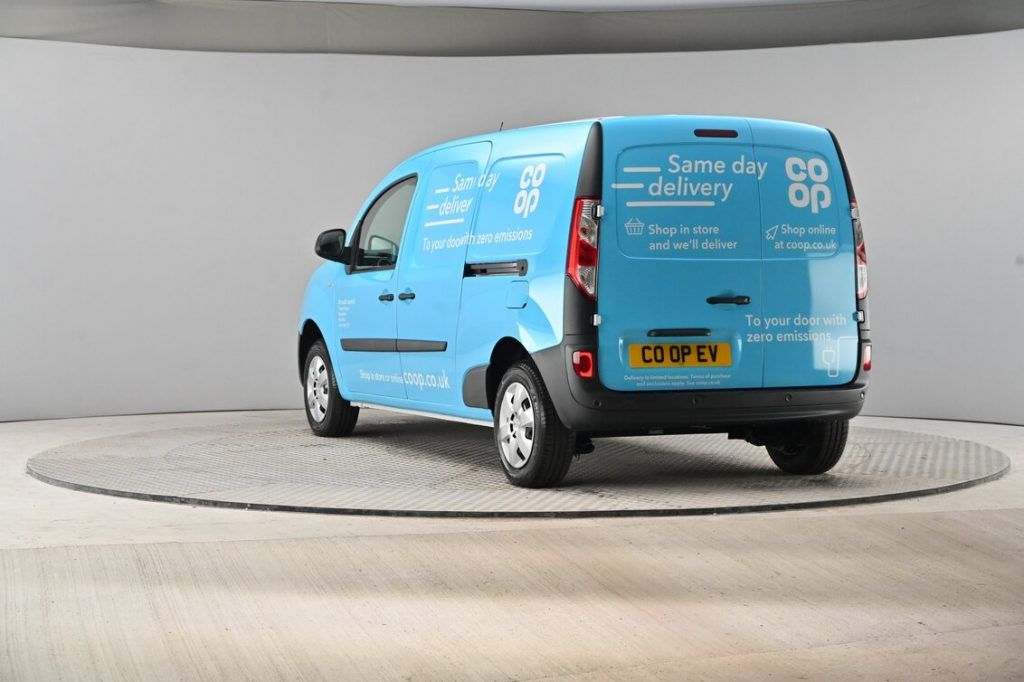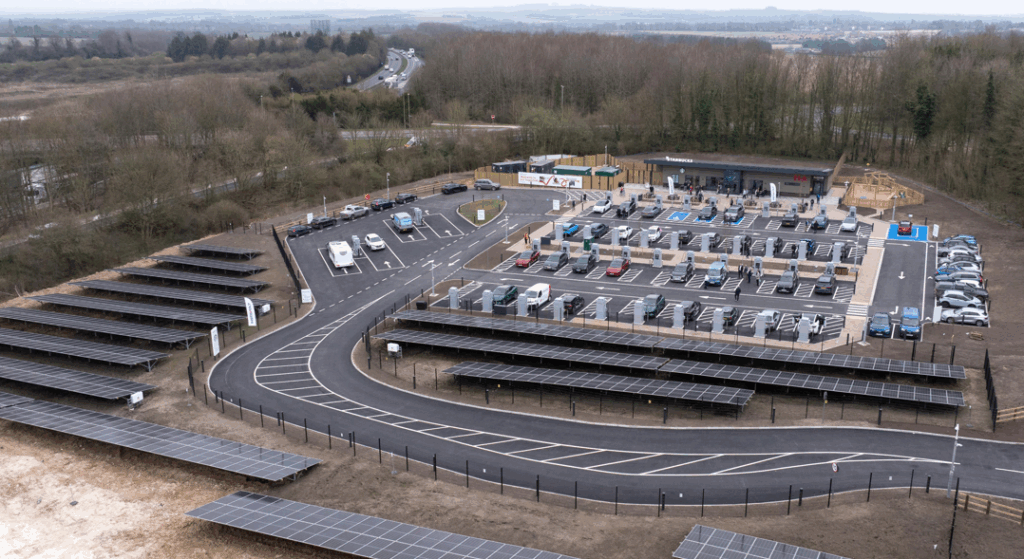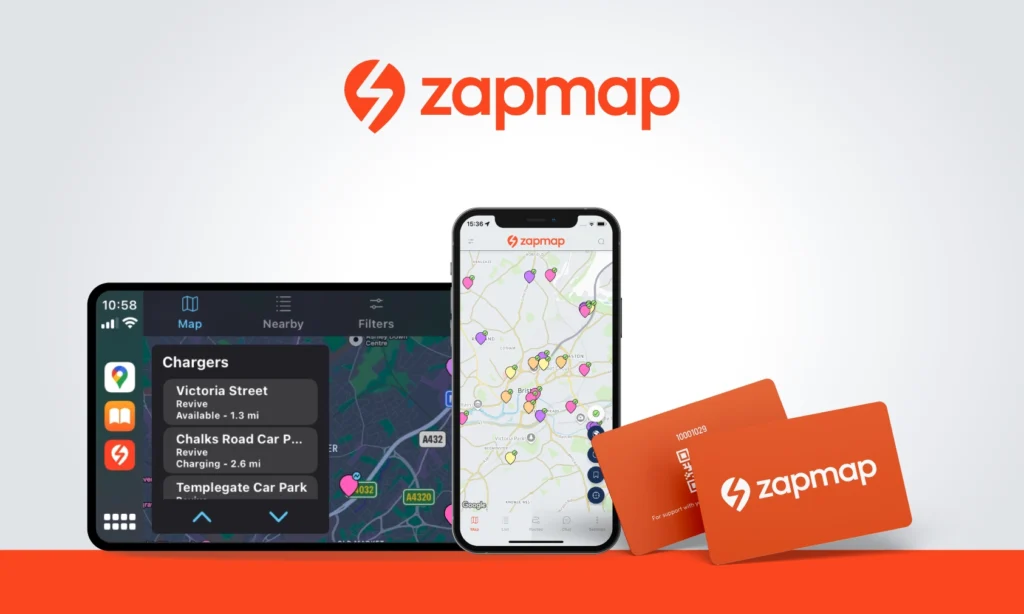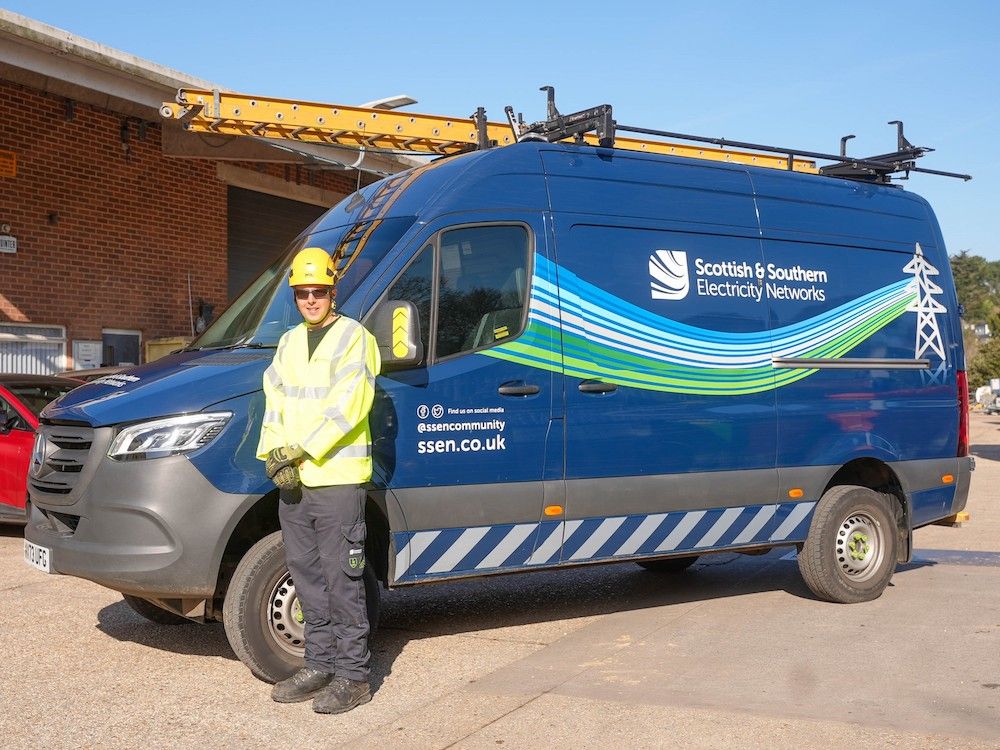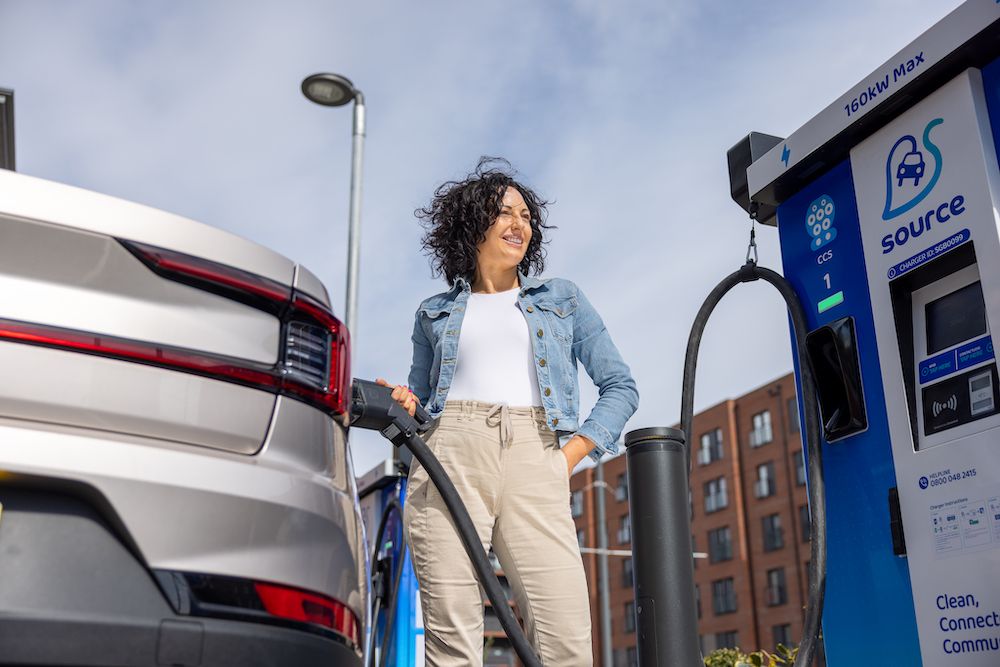Food retailer Co-op has outlined plans to replace its fleet of fossil-fuel powered home delivery vans with EVs by 2025.
The firm has made commitments to zero emission deliveries with stores in Hebden Bridge, Holmfirth and Hove due to receive EVs this month (December 2020) with a further roll-out to Ryde, the Isle of Wight and Whitby early in 2021.
In addition to replacing all its own home delivery vehicles, Co-op has also developed partnership with other firms on low and zero emission transport, including Deliveroo. It also makes zero emission robot deliveries in Milton Keynes and Northampton.
Additionally, Stuart – the last mile platform – which delivers for Co-op at over 180 food stores, has been trialling green delivery vehicles, including e-mopeds and cargo bicycles. It is aiming to expand this service across the Co-op stores in cities including Birmingham, Liverpool, London and Manchester over the next two years.
By the end of this year, Co-op will offer online shopping – with home delivery through its own site and with partners – from more than 1,000 of its stores.
Co-op was the first British retailer to become a signatory of the UN’s ‘Our Only Future’ campaign. It sources only 100% renewable electricity for all of its food stores, offices and funeral homes – and has halved its greenhouse gas emissions in the ten years from 2006, and announced that it has committed to further reductions in its GHG emissions of 50% by 2025.
Co-op’s online offer sees stores act as “micro-distribution” hubs with orders picked from stores in the community.
Chris Conway, Head of eCommerce, Co-op, said: “Our focus is to continue to innovate and look for new and better ways to do business in our communities and to expand access to our products and services.
“In addition to offering quality and value quickly, easily and conveniently, we need to do this sustainably, and by replacing all our own home delivery vehicles and working collaboratively with partners with shared values we can ensure we further reduce greenhouse gas emissions, something which is essential if we are to have a healthy and sustainable natural environment to pass on to future generations.”



